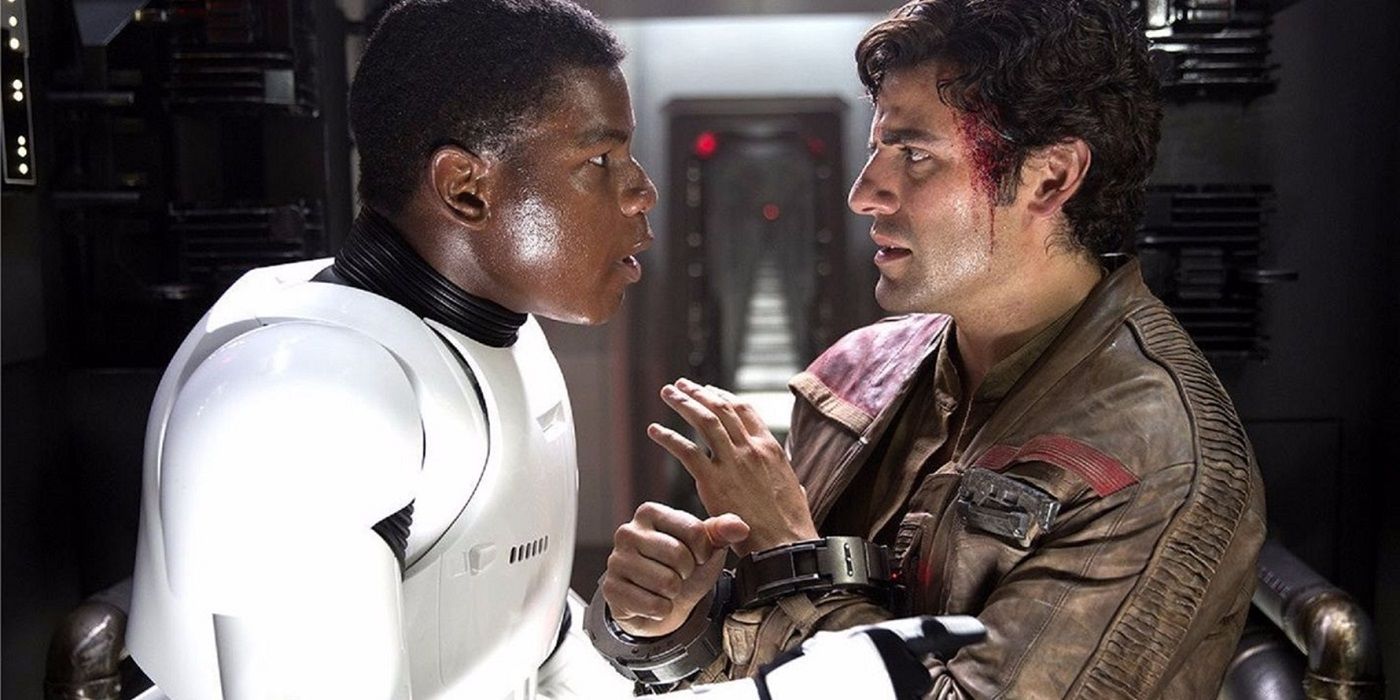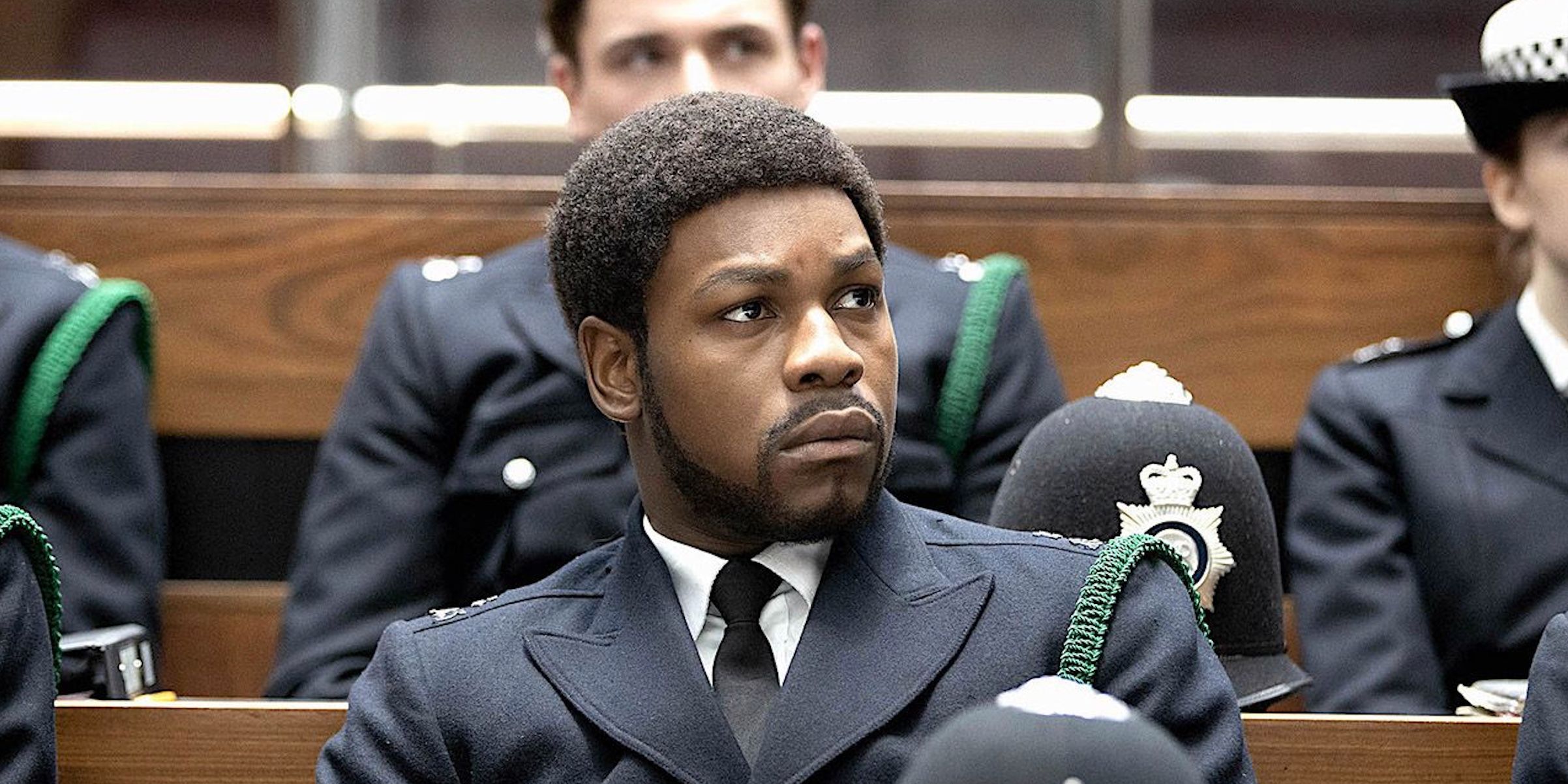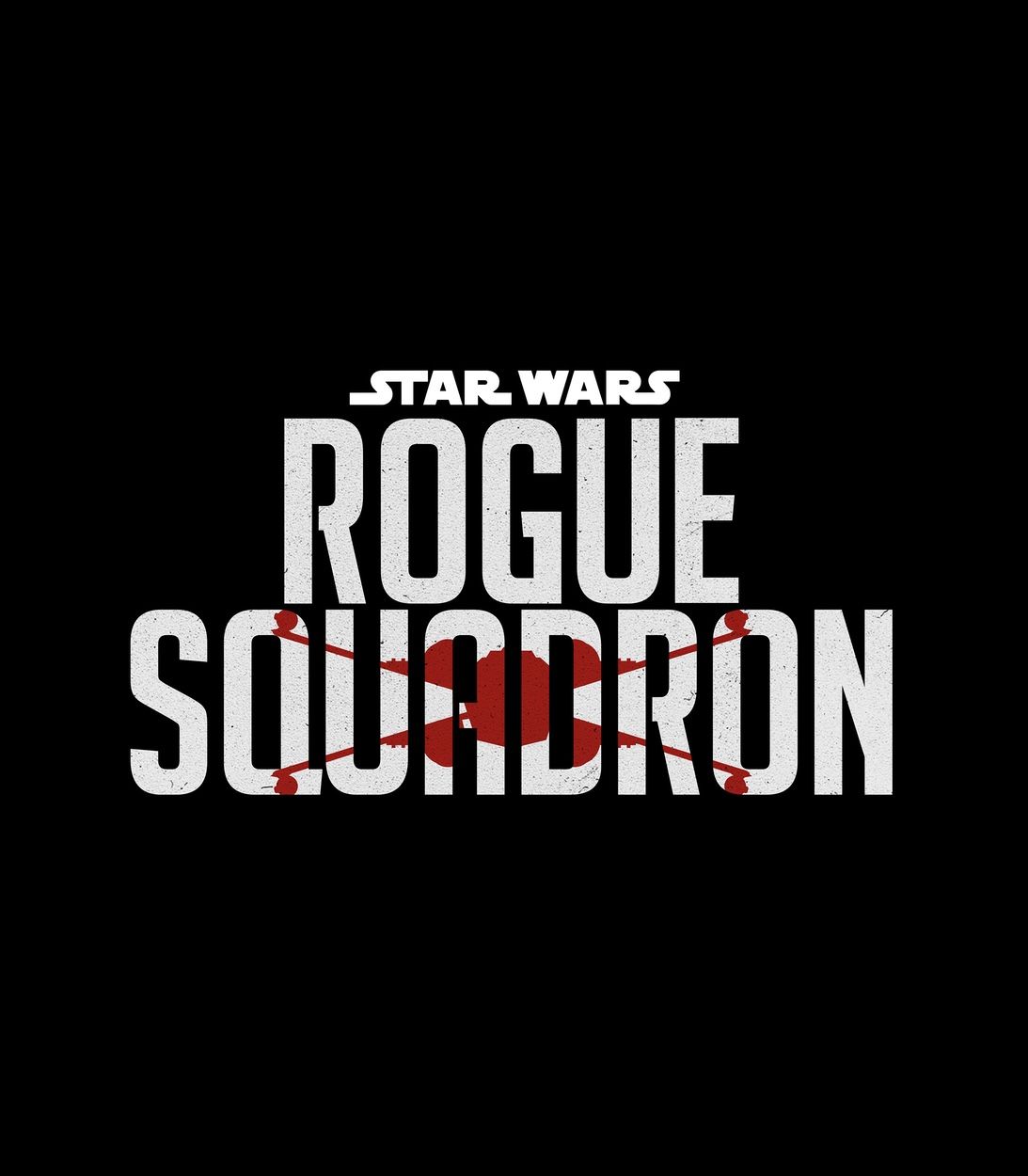Major movie franchises like Star Wars can be a kind of luxury jail for actors, according to John Boyega. While the British-Nigerian actor first rose to prominence with his breakout performance in the 2011 sci-fi comedy Attack the Block, he became a global star by portraying Finn in the Star Wars sequel trilogy. Introduced in 2015's The Force Awakens, Boyega played the stormtrooper-turned-Resistance-fighter until The Rise of Skywalker officially ended the Skywalker Saga in late 2019.
Since giving a rousing speech at a Black Lives Matter protest in June that earned him widespread praise, Boyega has made a conscious effort to further discussions of race in Hollywood franchises, starting with an honest look at Star Wars' mishandling of Finn. Narratively, Boyega felt the sequel trilogy didn't realize the potential of its characters of color, including Oscar Isaac's Poe Dameron and Kelly Marie Tran's Rose Tico, despite leaning heavily on their images in promotional material. Additionally, he criticized Disney for not doing more to protect its actors from racist public backlash, demanding that they stand up for their performers rather than give into pressures to minimize their roles. These comments led to long discussions between Boyega and Kathleen Kennedy, the President of Lucasfilm, that both have since hailed as productive.
Being pleased with how Disney has taken on his concerns doesn't seem to have changed his dissatisfaction with franchise filmmaking, though. In a recent Q&A about his latest role in Steve McQueen's Small Axe anthology, Boyega told CinemaBlend that his time in Star Wars came with its creative downsides, too:
Being in a big franchise, it’s kind of like luxury jail sometimes for an actor when you want to do something else. Because remember, in a franchise you’re working on one character for many years, which can starve your other muscles. And in wanting to be in something where I knew that I’d play a different type of role, a different type of man, and then knowing Steve [McQueen] through, we’re all a part of the same industry so I’d heard about Steve’s directing style, I was really really curious and excited to have the opportunity anyway to be a part of it. And when it came through I was on the tele like ‘this is my moment.'
These comments offer a new way to understand Boyega's Star Wars criticisms, which are obviously about more than just the series' approach to diversity. Working in franchise films requires committing to the same character for years, but with much more travel, press, and training required than the average TV show. While some actors might appreciate the opportunity to stick with the same role for that long, others might feel suffocated by it - especially when that character's arc remains largely stagnant. As important as it is to consider the reasons behind Finn's sidelining in The Rise of Skywalker, that it happened was enough to frustrate Boyega creatively, which certainly contributed to his negative experience of Star Wars.
Comparing franchise movies to performance jail might seem like a stretch to some. Marvel fans only have to bring up the acclaim Robert Downey Jr. received for his performance in Avengers: Endgame, after having played Iron Man for more than a decade, as evidence to the contrary. Then again, anyone who has seen Boyega in Small Axe part 3, in which he plays a Black British police officer trying to fight racism from within the system, might be inclined to believe him. Either way, it would be smart for franchises like Star Wars to consider the possibility of creative frustration when trying to earn the loyalty of their longtime performers.
Source: CinemaBlend



